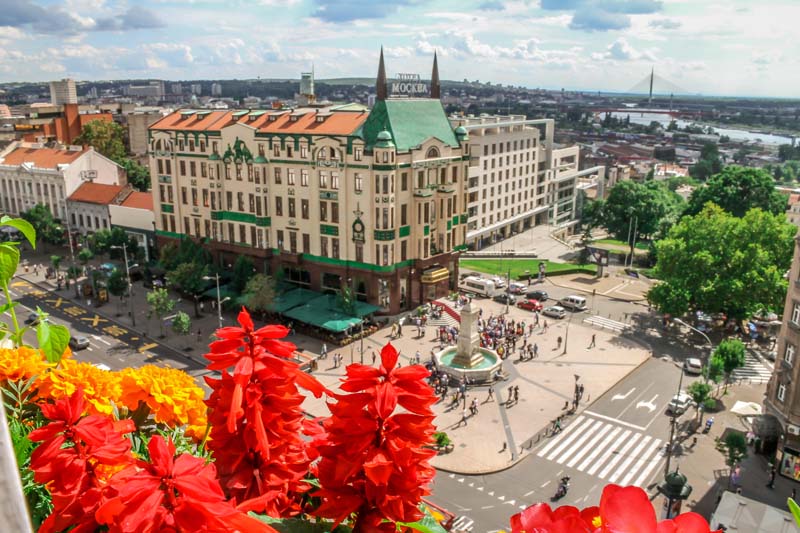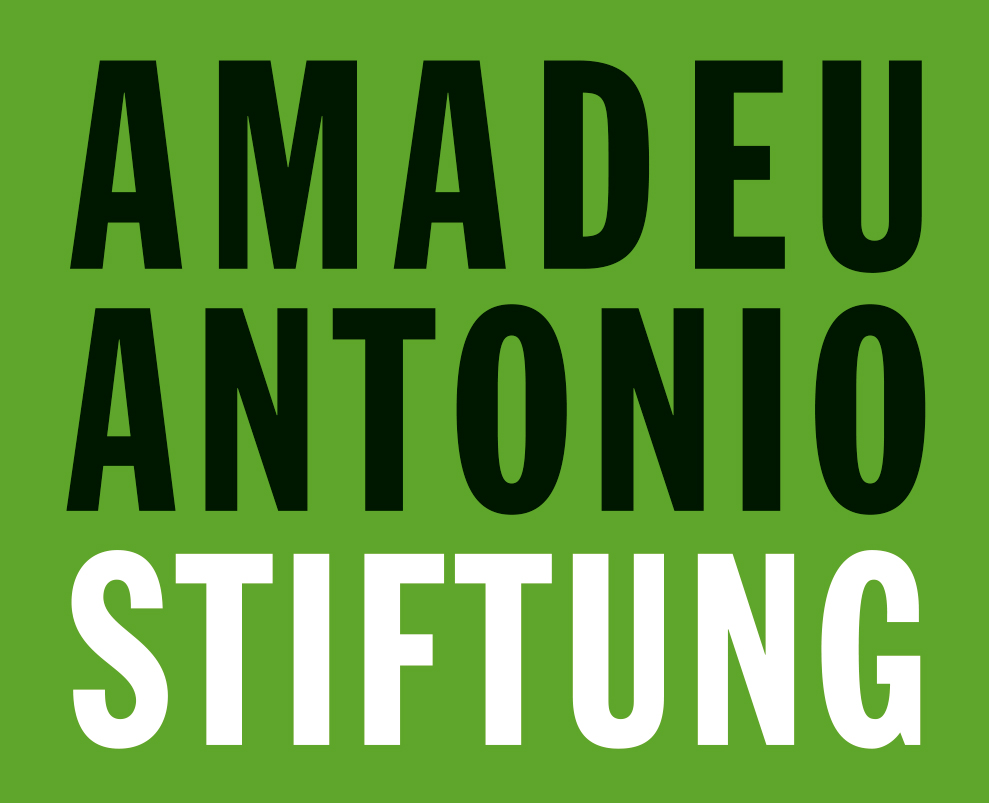Ninth International Bet Debora Conference of European Jewish Women Activists, Academics, Artists, Rabbis and Cantors from 13 to 15 September 2019 in Belgrade, Serbia
Jewish Women: Being Present, Bringing Change
Thirty years ago, in 1989, the Iron Curtain fell, the socialist regimes collapsed, and new democratic countries were formed – a development that also proved a catalyst for the evolution of Jewish life. The Jewish communities in these countries had been decimated by Shoah and faced, to varying degrees, restrictions and even repression. After the transition, a general interest in Jewish history, culture and tradition grew. Jewish sites were made visible and imbued with new life. Young Jews began to discover their roots and research the Jewish histories of their families, their towns and cities, and their countries. Pluralist Jewish identities emerged, mirrored by the myriad activities of newly-formed groups, institutions, and communities. These developments were shaped by the rediscovery of Jewish heritage and by encounters with Jews from other countries and cultures and their diverse expressions of Jewish identity, as well as by the efforts of international Jewish organizations. Much of the work toward the renewal of Jewish life was done by women. More and more, questions gained importance regarding the role of women in Jewish life, egalitarianism in the synagogue and in the community, and the heritage of Jewish women.
The excitement of the new-found freedom of the 1990s was a major impetus for the organizers of the first Bet Debora conference twenty years ago in May 1999 in Berlin, which brought together women rabbis, cantors, rabbinical students and Jewish supporters of all genders—the first gathering of its kind in Europe.
In the invitation to that conference was written:
Women stand at the bima together with men, on an egalitarian basis. This past decade, a fascinating development has taken place in European Jewish life; increasingly, women are exercising important ritual functions. There are women rabbis in London, Paris and Oldenburg, as well as in Moscow, Minsk and Budapest. What does this mean for Jewish tradition and continuity? What impact do these women have on religious practices? Which topics have moved to the foreground? Which new challenges do we face?
Twenty years later, three decades after the fall of the Iron Curtain, we want to pose these questions again. We want to celebrate our gains and identify present challenges at a time when democratic values are increasingly being called into question.
The following topics are planned:
- Contemporary women’s perspectives on Jewish tradition
- Advocacy for other minority groups: activism against antisemitism, antiziganism, racism and antimuslimism/ islamophobia, homophobia, and misogyny
- Modern Jewish education for children, youth, and adults
- Transnational perspectives on Holocaust remembrance
- Historical and contemporary perspectives on Jewish women in Yugoslavia and the former Yugoslavian countries—their commitment to the renewal of Jewish life across borders and to dialogue with other minority groups
We wish to explore Jewish women’s perspectives on varying aspects of these topics in lectures, workshops, discussions, and exhibitions. We are particularly interested in interactive presentations. We are looking for Jewish presenters who are artists, academics, activists, rabbis, and/or representatives of Jewish educational, religious, and cultural organizations
The conference will also provide an opportunity for an inside view into Jewish life in Belgrade. There are so many interesting facts about Belgrade, one of the oldest cities of Europe. This Balkan treasure lies on the rivers Sava and Danube and will charm you with its modern style and historic sites. No matter what kind of person you are, you will definitely find something that will amaze you in Belgrade. It’s the city that never sleeps with a long history that is a blend of Roman, Ottoman, Austro-Hungarian and Socialist culture and tastes. It is a city that has had 15 different names over time. Belgrade boasts one rabbi, one kosher kitchen, one synagogue, and one community where people don’t worry about who is Ashkenazi and who Sephardic. It’s a place where life is celebrated every single day, and whose hospitality is biblical.
Conference language: English
The conference is jointly organized by Haver Srbija and Bet Debora.

Supported by the Amadeu Antonio Stiftung

